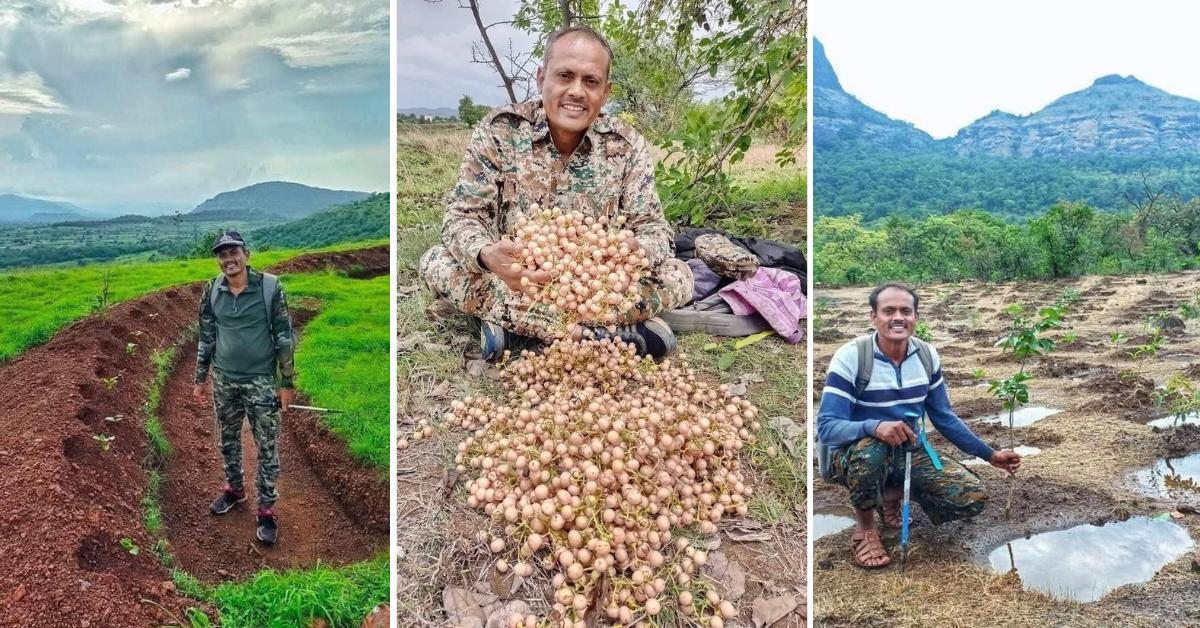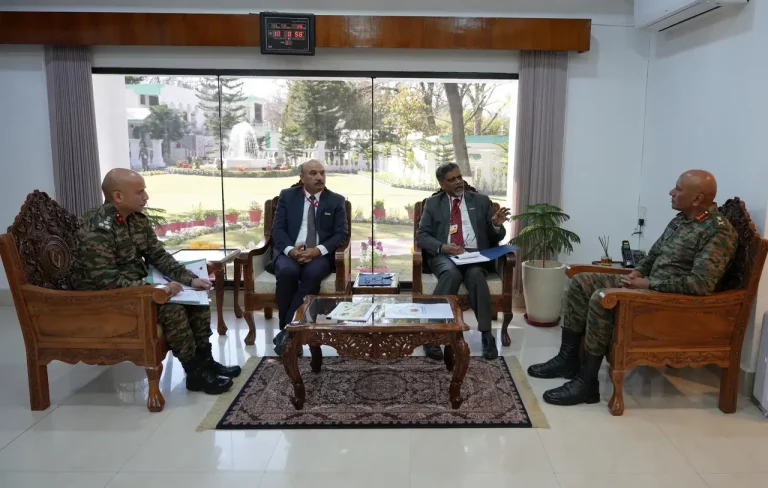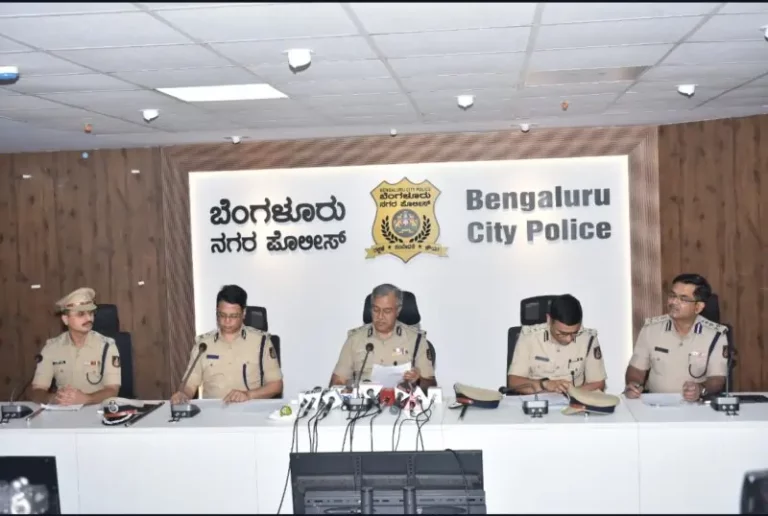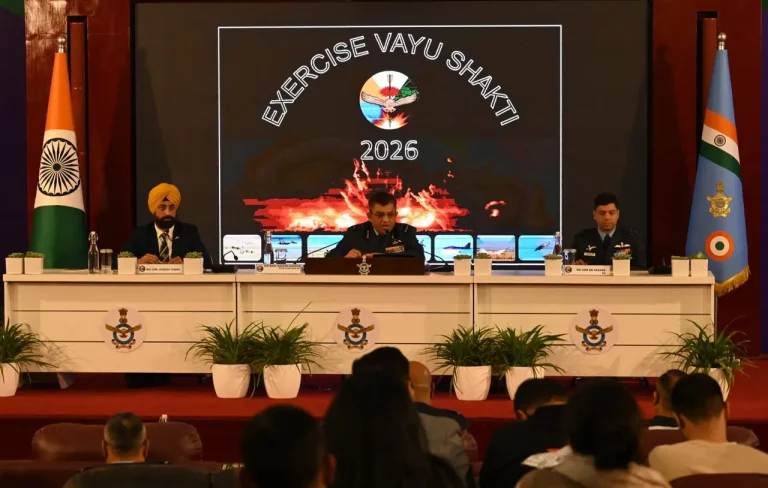In the picturesque hills of Junnar within Pune district, a former Indian Army soldier is spearheading a remarkable environmental initiative. Ramesh Ganpat Kharmale, who dedicated 25 years of his life to the 1st Battalion of the Maratha Light Infantry, is now focusing his efforts on ecological restoration, aiming to revive deforested hills and replenish dwindling water sources alongside his family and the Maharashtra Forest Department.
After retiring from military service, Kharmale initially took a banking job before establishing an academy to train tribal youth for careers in police and defense. However, his growing concern over his village’s ecological plight—characterized by deforestation, a decline in water resources, and wildlife loss—drew him towards the field of environmental conservation. “Both duties I performed are aimed at saving the motherland,” he expressed, attributing his commitment to conservation to the discipline instilled in him by the military.
Kharmale’s endeavor is a family affair; his wife Swati, daughter Vaishnavi, and son Mayuresh actively participate in their mission. Each weekend, they trek the rugged, sun-baked hills of Junnar with tools and saplings, planting trees, digging trenches, and clearing weeds to combat soil erosion and water scarcity. “Seeing our trees grow gives us immense satisfaction,” Swati commented, highlighting their collective passion for the cause.
A significant milestone in their mission was achieved in 2021 when Kharmale began rehabilitating Dhamankhel Hill. Over two months, he hand-carved 70 contour trenches, accumulating a total of 412 meters. These trenches now hold approximately 8 lakh liters of rainwater, aiding in groundwater recharge and erosion control. So far, they have planted over 450 trees on the hill, with intentions to plant an additional 500. The area is gradually morphing into a self-sustaining ecosystem, abundant with avian and insect life alongside native vegetation.
In the nearby Vadaj village, the Kharmale family has created a 1.5-acre Oxygen Park in collaboration with the Malhar Foundation. This park features 175 native species such as banyan and lemon trees. The project employed a community-based model, engaging donors directly with nurseries and establishing trenches to support tree growth. Furthermore, the family constructed four small ponds to nurture local wildlife.
By employing scientifically proven contour trenching methods, which follow the land’s natural contours, Kharmale enhances rainwater retention and groundwater replenishment—techniques already recognized in parts of Telangana and Karnataka. Local farmers have reported a noticeable rise in well water levels since the initiative began, prompting interest in replicating the model in surrounding villages.
To formalize his environmental contributions, Kharmale joined the Maharashtra Forest Department as a forest guard. Despite his official role, his weekend initiatives remain self-funded and voluntary. “He is one of our most dedicated staff members,” remarked Pradip Chavan, the Junnar Range Forest Officer, noting Kharmale’s investment of ₹15,000–₹20,000 monthly from his salary for saplings, seeds, and tools.
Kharmale’s relentless dedication earned national recognition when Prime Minister Narendra Modi featured his work in the 123rd episode of ‘Mann Ki Baat’. The Prime Minister commended Kharmale’s family efforts to restore wildlife and forests in Junnar. Earlier, Kharmale received the Shivneri Bhushan Award for his contributions to community service and sustainable tourism.
Since 2013, the Kharmale family has trekked the Sahyadri hills each June to distribute seedballs before the monsoon, aiding in forest regeneration. They have initiated a plastic-free campaign across Junnar’s tourist sites, rallying support from thousands of volunteers and local schoolchildren. Additionally, to mitigate wildfires— a significant threat to regional forests—Kharmale invested in a grass-cutter machine in 2017.
The self-sustaining, volunteer-driven green movement initiated by the Kharmales thrives on discipline, community involvement, and personal sacrifice. Their busy schedule starts at dawn with plantation and water management tasks, transitions to official forest duties, and resumes in the evening. Their Facebook page, ‘Nisargaramya Junnar Taluka,’ boasts over 50,000 followers, spreading awareness and encouraging volunteer participation.
Kharmale’s transformation illustrates that service extends beyond the battlefield. With a strategic vision bolstered by military discipline, he is reshaping national service through environmental conservation. His message—“Plant four trees for your children’s future”—resonates beyond Maharashtra, inspiring others to contribute to ecological healing.
Ramesh Kharmale exemplifies hope, dedication, and environmental stewardship. With the unwavering support of his family and an expanding network of volunteers, he is manifesting the idea that one individual, alongside their loved ones, can profoundly impact the earth, one tree at a time.






